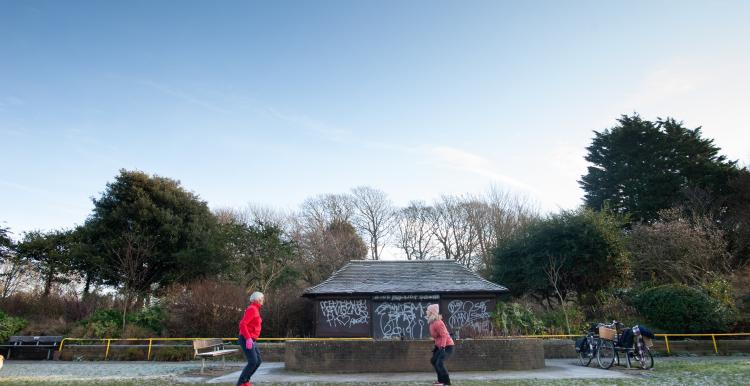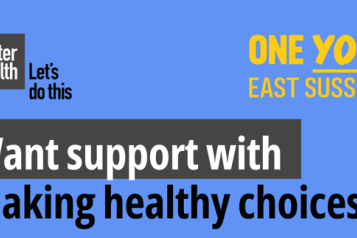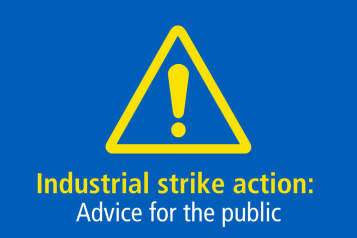Cold weather health information and signposting

Top tips to stay well from the NHS
- Keep warm during the day. Wrap up in lots of layers of thin clothes, even when you go to bed. Keep doors closed to block draughts.
- Try to heat rooms you regularly use to at least 18°C. Make sure you're getting the help you're entitled to with your heating costs.
- Keep moving. Move around indoors and try to get outside for a walk. Avoid sitting for more than one hour.
- Wrap up at night. Wear layers to bed, including socks. Use a hot water bottle or an electric blanket. (Don't use a hot water bottle and electric blanket together.) Keep your windows closed at night.
- Eat well. Make sure you eat a balanced diet with lots of seasonal fruit and vegetables. And try to eat at least one hot meal a day.
- Stay hydrated. Regular meals and hot drinks can help you keep warm.
- Have your medication on hand. Make sure you have the right medicines at home in case you get poorly. Ask your pharmacist if you're not sure what medications you should have.
- Stop the spread of germs. Protect yourself and others by washing your hands with warm, soapy water, covering your mouth when you cough or sneeze, and wearing a mask in public spaces.
- Get your vaccines and boosters. Protect yourself and others by getting your flu vaccination, and if you are an at-risk group your COVID-19 vaccine.
Looking after your mental health
Looking after our mental health during the colder, darker months is vital.
For some, self-care is an effective way of managing their mental health and overall wellbeing, but sometimes, we need extra support.
Should you need additional support to look after your mental health and wellbeing this winter, why not consider the following:
Friends and family. If you’re not sure where to begin, reaching out to friends and family is a great place to start. A problem shared is a problem halved.
Workplace support. Mental wellbeing in the workplace has become more of a priority, with many organisations offering mental health support services to their staff. If you don’t want to confide in a loved one because you feel guilty or embarrassed, using a workplace mental health support scheme could be the right first step.
Your GP. They may be able to offer you support and treatment. They can also refer you if appropriate or recommend local options.
Mental health professionals. You may be able to self-refer to the NHS in some areas. This means you don’t need to see your GP first. You can also access therapists through certain charities or privately.
Charity helplines and support groups. See the websites listed below for some examples.
The Sussex Mental Healthline offers 24/7 mental health telephone listening support, advice, information and signposting to anyone experiencing difficulties, or who may be in crisis and in urgent need of help, with their mental health.
You can contact them by calling NHS 111 and select option 2 or dialling 0800 0309 500.
The service can access Text Relay calls and New Generation Text calls from hearing and speech impaired callers on 0300 5000 101.
The service is free and is available to anyone of any age who is concerned about their own mental health or that of a relative or friend. This includes carers and healthcare professionals.
Take a look at these websites for extra support with your mental wellbeing:
Keep warm with a warm home check
The East Sussex Warm Home Check service can give you free impartial energy advice and support.
It can help you to improve the energy efficiency of your home, meaning you can stay warm for less and reduce your home’s carbon emissions.
As well as practical advice and resources, the service can offer a full home assessment, heating repairs and small home improvements for eligible people.
If you, or someone you know, is concerned about keeping warm this winter, get in touch today.
Call 0800 464 7307 Text WARMHOME to 88440
For tips on keeping warm and to apply for a warm home check visit the keep warm and well in East Sussex website here.
Healthwatch East Sussex’ Information and Signposting Service
For help navigating health and social care services and support groups near you please contact our free and independent Information and Signposting Service.
Contact us by:
Telephone: 0333 101 4007 Monday – Friday (10am-2pm)
To share feedback on health and care services in East Sussex any time, visit the Healthwatch East Sussex Feedback Centre here.


